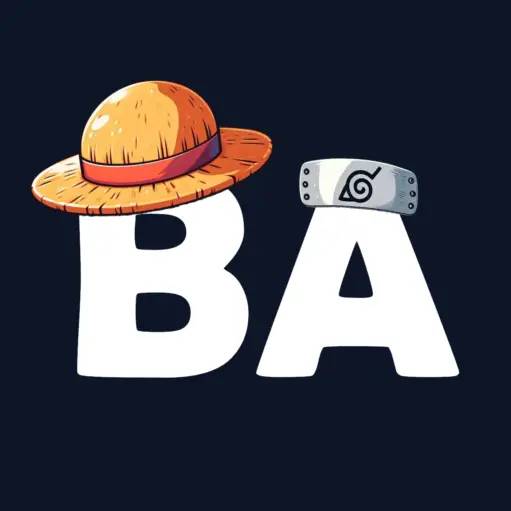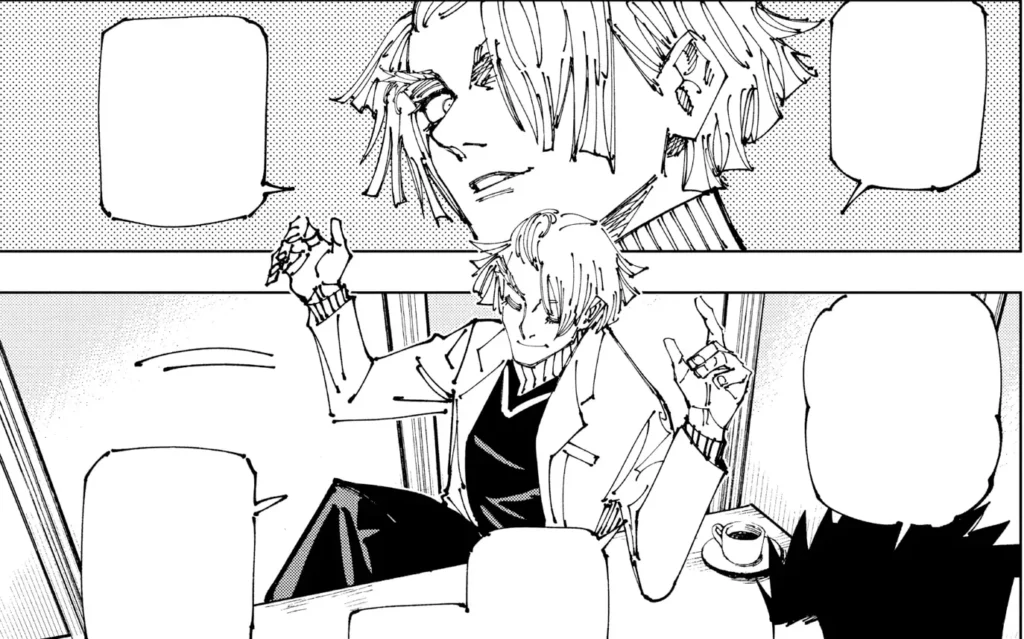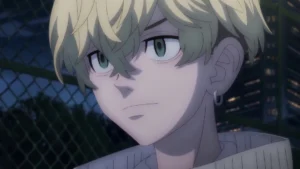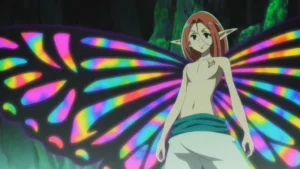Personality
Charles Bernard is an interesting mix of ambition and insecurity. He seems very confident, almost too much. He believes his future as a successful manga artist is set, and he thinks his talent is beyond question. This strong belief in himself makes him act in a larger-than-life way. He often talks about his “inevitable success” with a passion that feels obsessive, ignoring any chance of failure. What really bothers him isn’t failure; it’s the idea that he might need to improve.
The problem is that under all this bravado, Charles has a weak ego that struggles with the one thing every artist needs: feedback. He reacts defensively to criticism, no matter how helpful it is. It’s as if any suggestion for improvement attacks his identity.
He feels the need to protect his image as a creative genius. A clear example of this happened when he sent his work to a publisher, expecting praise. Instead, the feedback was more critical than he expected, which shook him deeply. Instead of using it to improve his skills, he lashed out, viewing the critique as an insult rather than a chance to grow. His intense reaction showed a level of immaturity that makes you question whether he’s really as confident as he claims to be.
Goals
Charles’ main goal is to create something profound, something that can transcend the boundaries of traditional manga and art. He’s looking for that “perfect” story, one that will leave a lasting impact on readers. But this isn’t an easy feat, and he becomes consumed by the desire to find a new source of inspiration.
When he enters the Culling Game, it’s less about survival and more about finding that elusive, transcendent moment, something that can spark a new creative vision. He views fights as narrative experiences, each battle a new chapter in his story. His goal? To push the boundaries of both art and sorcery to their limits, seeking out combatants who will inspire his next great masterpiece.
Backstory
Charles Bernard’s backstory explains a lot about his current state of mind. Born and raised in France, he fell in love with manga at an early age. Growing up, he faced harsh criticism for his work, from his peers. His struggle to be taken seriously as a manga artist led him down a path of frustration and eventual obsession. Charles began seeing manga as more than just entertainment, it became his entire worldview.
He immersed himself so deeply in his craft that he started to view reality through the lens of a storyteller. Over time, this detachment from the real world grew stronger. Charles no longer just wanted to create stories; he wanted to live them, experience them firsthand. This obsession led him to Jujutsu Sorcery, where he found a new way to manifest his imagination in the physical world.
Charles Bernard’s Cursed Technique: G War-Staff
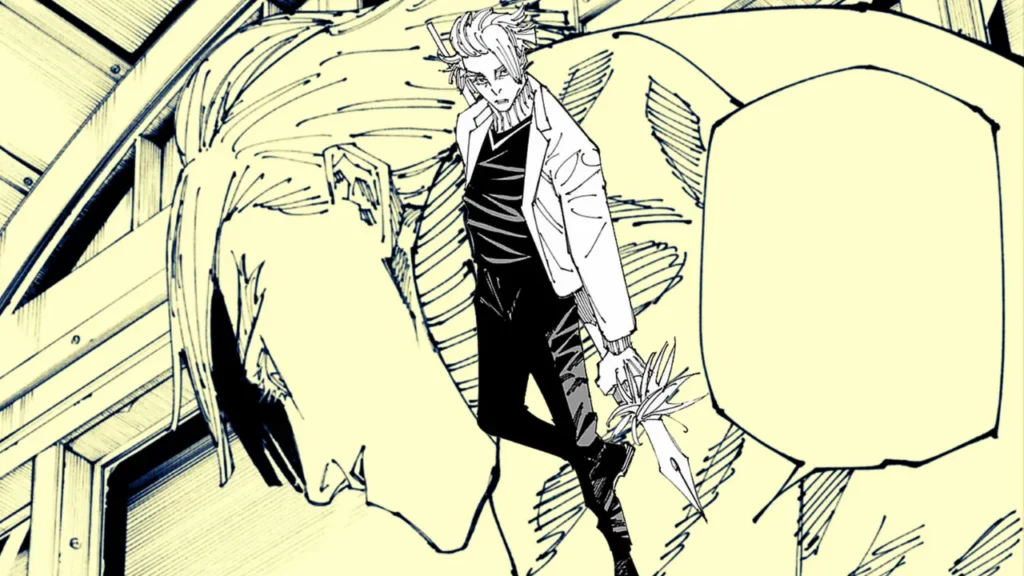
Charles Bernard’s cursed technique in Jujutsu Kaisen is called G War-Staff. This technique is directly linked to his identity as a manga artist, making it one of the more creative and visually striking abilities in the series. At its core, it allows Charles to see events play out in the form of manga panels, giving him a significant advantage in combat. It ties together his obsession with storytelling and his abilities as a Jujutsu Sorcerer in a way that feels both thematic and dangerous.
Let’s break down what it can do and the drawbacks that come with it.
What It Can Do
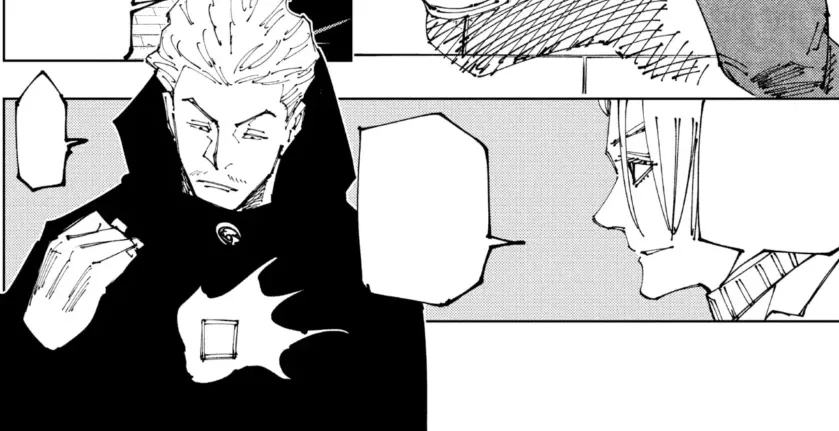
G War-Staff is a powerful tool for predicting the immediate future. With it, Charles can use the blood of his opponents to draw and mark them with a manga panel.
This mark allows Charles to visualize events ahead of time, almost as if he’s flipping through pages of a manga that hasn’t been drawn yet. These events show up as panels in his mind, letting him see what’s coming a few seconds in advance.
Think of it like a living storyboard. In battle, he can anticipate his opponent’s movements, predict their attacks, and even plan his counter-attacks based on the “script” he’s seeing. It’s almost like he’s got a cheat sheet for every fight, allowing him to stay one step ahead of whoever he’s facing.
This technique also involves Charles wielding a weapon shaped like a giant fountain pen. It’s not just for show, the pen acts as his main weapon, and he uses it in close combat, blending its long reach with the ability to predict his opponent’s moves.
The Downsides
While G War-Staff sounds incredible on paper (pun intended), it has some big limitations. For starters, it only allows Charles to see a few seconds into the future. He’s not getting a full picture of the battle or a detailed breakdown of his enemy’s strategies. If his opponent is unpredictable or changes their tactics quickly, the panels he sees might not help as much.
Another drawback is the mental toll it takes. Constantly viewing the future in fragmented manga panels can mess with Charles’ concentration. If he gets too caught up in the “story” he’s reading, he might lose focus on the fight itself. His obsession with creating the perfect narrative sometimes distracts him, making him vulnerable to surprise attacks.
There’s also a more physical weakness. The fountain pen he wields is a part of the technique, but it’s still a weapon he needs to control manually. In close combat, if someone’s faster or stronger than him, he might struggle to keep up, even with his future sight.
Lastly, the panels he sees are static, they don’t give him the full context. Sure, he can predict movements, but he might miss out on key details like hidden tricks, changes in his environment, or shifts in the opponent’s mindset. So, while he’s good at reading actions, he’s not invincible when it comes to reading intention.
Why did Charles fight Hakari?
Charles fought Hakari because they met and things quickly got heated. Hakari insulted him and his mangas, saying he would never read them. This really hit a nerve for Charles, as his love for manga is his passion and identity. Feeling deeply offended, Charles couldn’t just let it slide. He’s also someone who gets easily offended and tends to take things personally. So, they ended up fighting, with Charles determined to defend his pride and prove the worth of his beloved manga. It wasn’t just about the insult; it was about standing up for something he truly loves.
